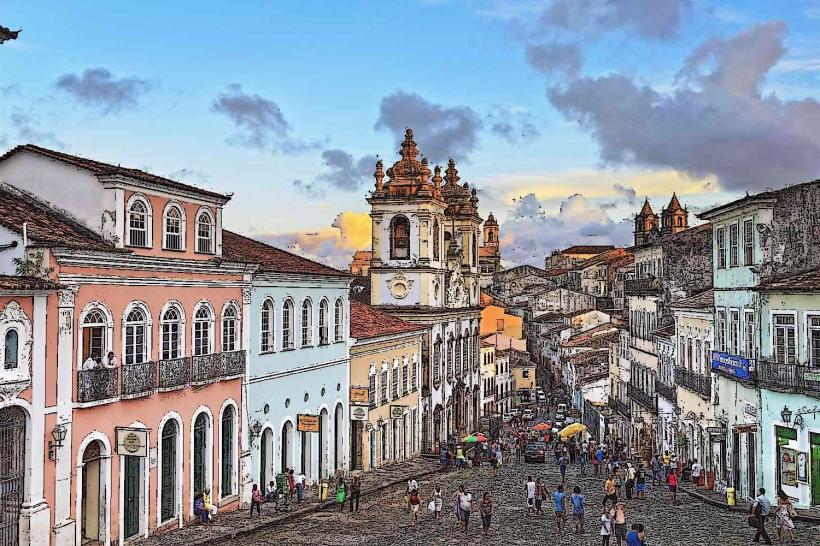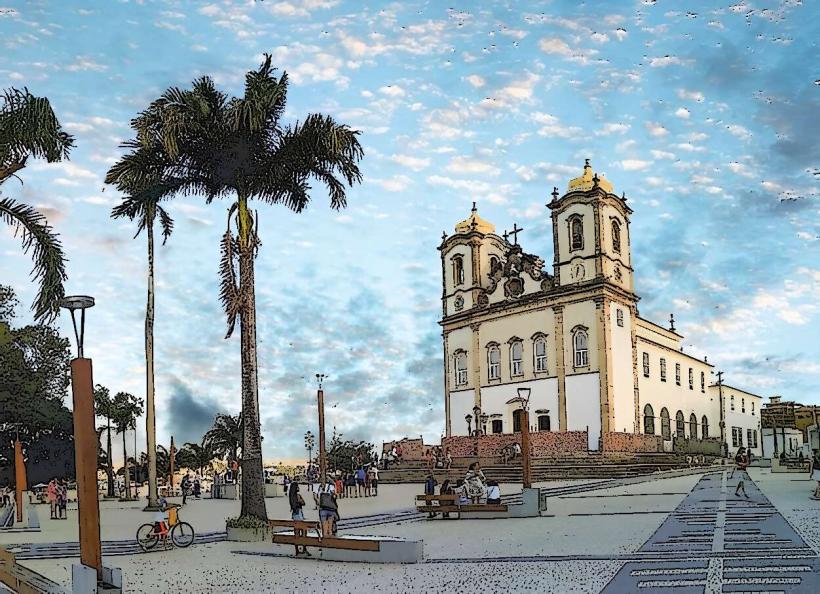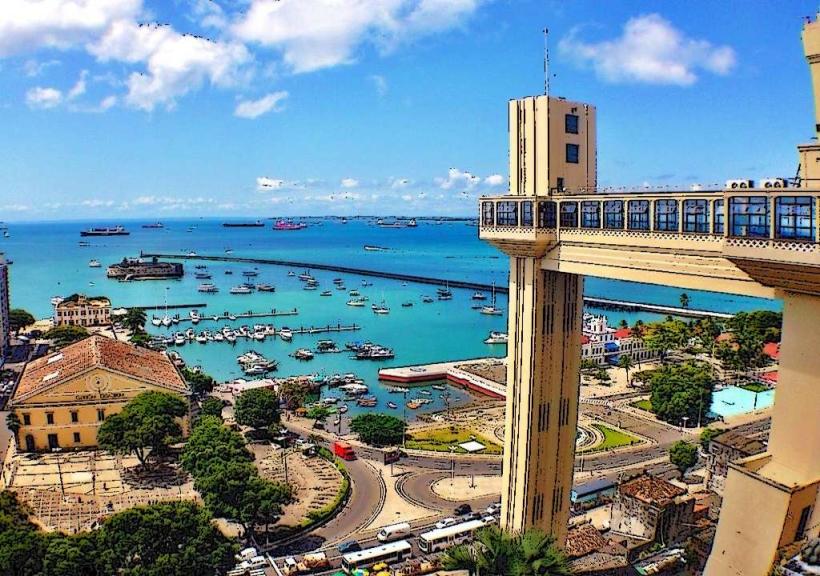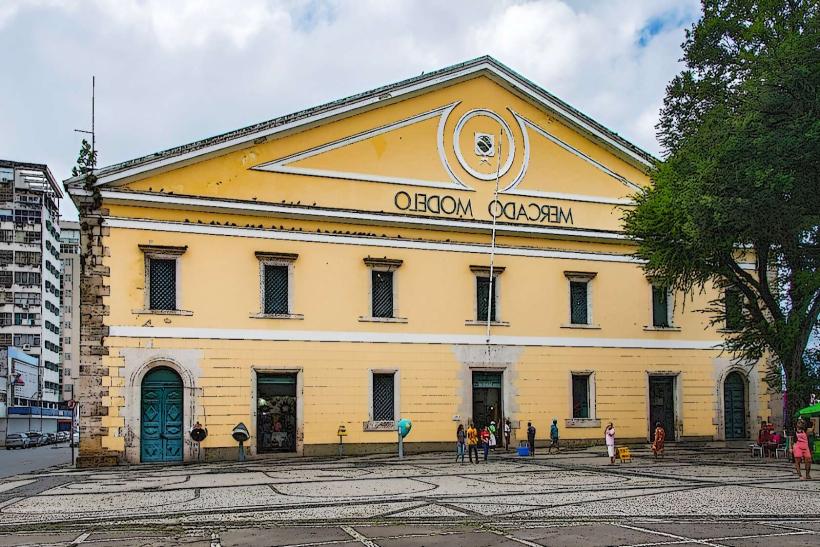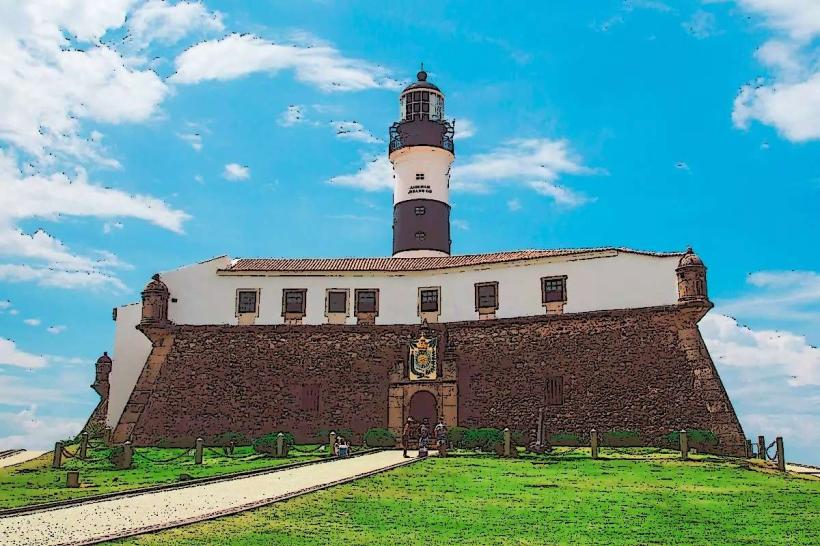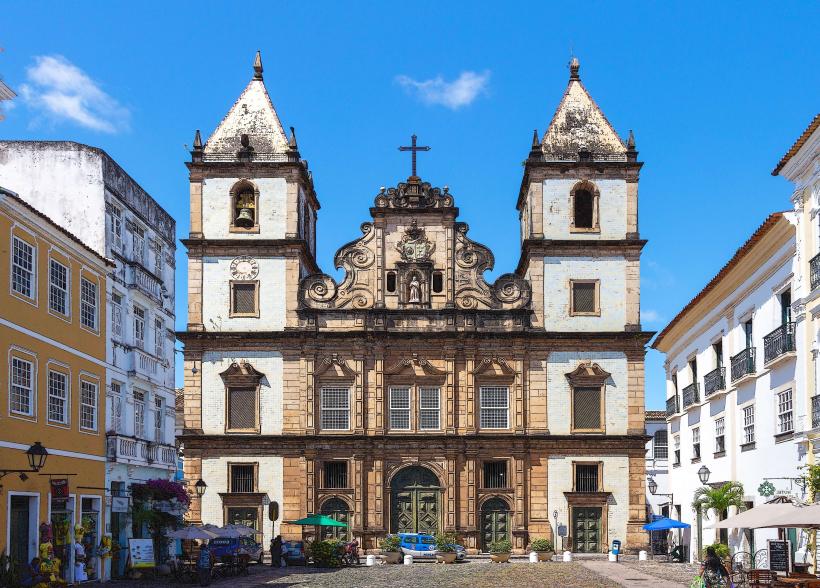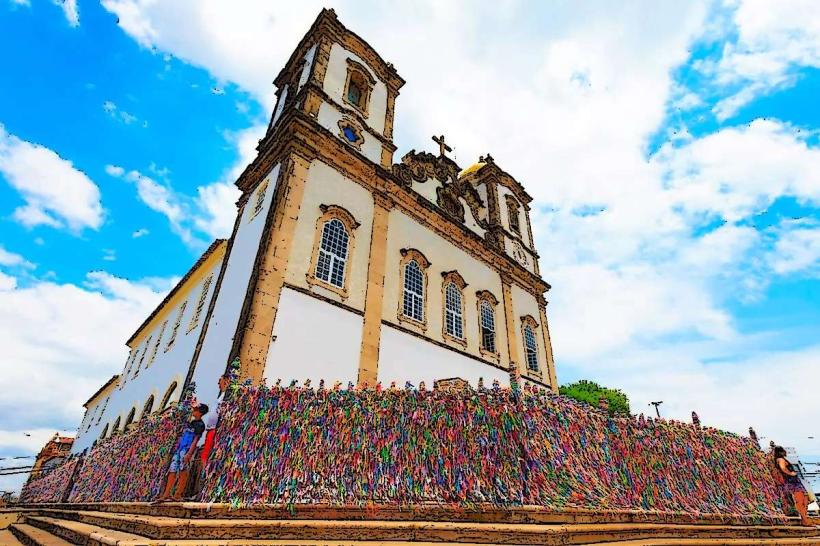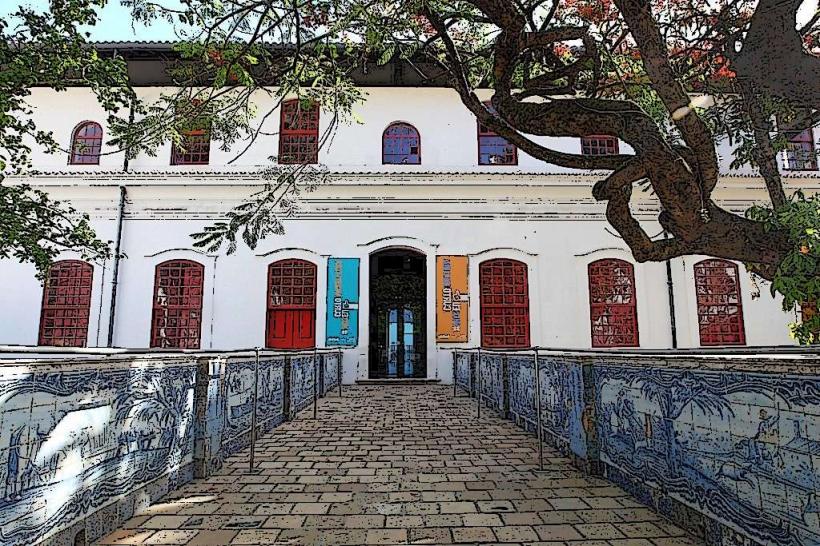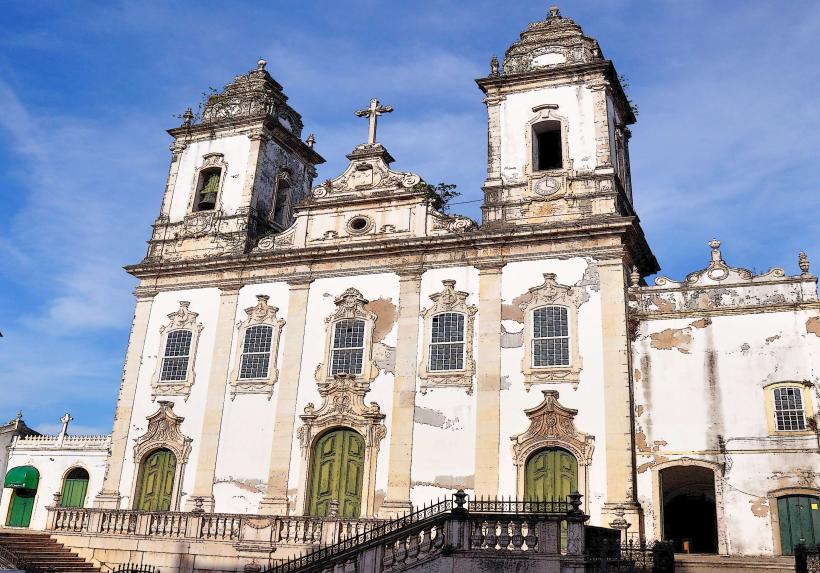Information
City: SalvadorCountry: Brazil
Continent: South America
Salvador, Brazil, South America
Salvador serves as the cultural and historical capital of Northeast Brazil and is the nation's 5th largest city. It is situated on a peninsula between the All Saints Bay (Baía de Todos os Santos) and the Atlantic Ocean, functioning as the primary center for Afro-Brazilian culture.
Historical Timeline
Founded in 1549 by Tomé de Sousa, Salvador was the first capital of Colonial Brazil. It served as a major entrepôt for the sugar trade and a primary port for the Atlantic slave trade. Governance shifted from the Portuguese Empire to independent Brazil in July 1823 after a prolonged war. The most significant architectural preservation occurred in 1985 with the UNESCO World Heritage designation of the Pelourinho district. The current urban form is being reshaped by the "Salvador 500" strategic plan and the 2024–2026 expansion of the metro and BRT systems.
Demographics & Population
The metropolitan population is approximately 3.4 million. Salvador is noted for having the highest concentration of people of African descent outside of Africa (approx. 83% identify as Black or Pardo). The city's cultural identity is a unique synthesis of Yoruba (Benin/Nigeria) and Portuguese influences. The median age is approximately 32.8 years.
Urban Layout & Key Districts
The city is physically divided by a 70-meter cliff into two levels.
Cidade Alta (Upper City): The historical and administrative heart, containing Pelourinho and the government offices.
Cidade Baixa (Lower City): The commercial and port district, home to Mercado Modelo.
Barra: An upscale coastal district known for its lighthouse, beaches, and tourist infrastructure.
Rio Vermelho: The city's bohemian hub, famous for nightlife and Candomblé traditions.
Vitoria: The most affluent residential corridor featuring high-rise apartments with bay views.
Top City Landmarks
Pelourinho: The colorful historic center with cobblestone streets and Baroque architecture.
Igreja de São Francisco: Known as the "Golden Church" for its opulent gold-leaf interior.
Elevador Lacerda: The world's first public elevator (1873) connecting the Upper and Lower cities.
Farol da Barra: An iconic 17th-century lighthouse and military museum.
Igreja do Bonfim: Famous for the "fitas" (wish ribbons) tied to its gates.
Transportation Network
Metro: A modern two-line system connecting the city center to the North Zone and International Airport (SSA).
Elevators/Funiculars: Essential public transit links between Cidade Alta and Cidade Baixa.
Ride-sharing: Uber and 99 are reliable and the preferred method for tourists.
Bus: An extensive but complex network; the new BRT lines provide faster transit on main avenues.
Ferry: Connects Salvador to Itaparica Island.
Safety & "Red Zones"
Safety Profile: Exercise a high degree of caution. Violent crime (mugging/armed robbery) is common in tourist areas after dark.
Red Zones: Avoid the "favelas" (peripheral communities) and deserted streets in the Centro/Pelourinho after 7:00 PM.
Precautions: Do not wear visible jewelry or use mobile phones while walking. Use only official taxis or verified ride-shares.
Digital & Financial Infrastructure
Average internet speed is 85 Mbps. 5G is operational in the central and coastal corridors. The Pix instant payment system is universal. Card acceptance is nearly 100% in businesses, including street food stalls. ATMs are abundant but should be used in secure locations (malls/banks) during daylight hours.
Climate & Air Quality
Tropical climate. Temperatures remain constant between 25°C and 30°C year-round. Air quality is generally high due to Atlantic trade winds. The rainy season occurs from April to July, characterized by heavy, sudden downpours.
Culture & Social Norms
Salvador is the birthplace of Capoeira and the center of Candomblé (Afro-Brazilian religion). Tipping is a standard 10% service charge on restaurant bills. Handshakes and double-cheek kisses are common greetings. A unique social norm is the "Sexta-feira de Branco" (White Friday), where many residents wear white to honor Oxalá.
Accommodation Zones
Barra / Ondina: Recommended for safety, beach access, and traditional tourism.
Rio Vermelho: Recommended for those seeking nightlife and local gastronomy.
Pelourinho (Pousadas): Recommended for history enthusiasts, though requires high vigilance at night.
Local Cost Index
1 Espresso: 8.50 BRL ($1.55)
1 Standard Lunch (Acarajé): 25.00 BRL ($4.55)
1 Mid-range Meal for 2: 160.00 BRL ($29.00)
1 Taxi trip (3km): 25.00 BRL ($4.55)
Nearby Day Trips
Morro de São Paulo: Car-free island paradise (2 hours via catamaran).
Praia do Forte: Turtle conservation center and beaches (80 km / 1.5 hours).
Itaparica Island: Accessible by a 45-minute ferry from Cidade Baixa.
Facts & Legends
A prominent local legend concerns the Igreja do Bonfim, where the "Miracle Room" is filled with wax body parts representing healed ailments. A verified historical fact is that Salvador's Carnival is the largest street party in the world, differing from Rio's by focusing on "Trios Elétricos" (massive sound trucks) that move through the streets. Another fact: the Elevador Lacerda transports over 900,000 passengers per month between the two levels of the city.

